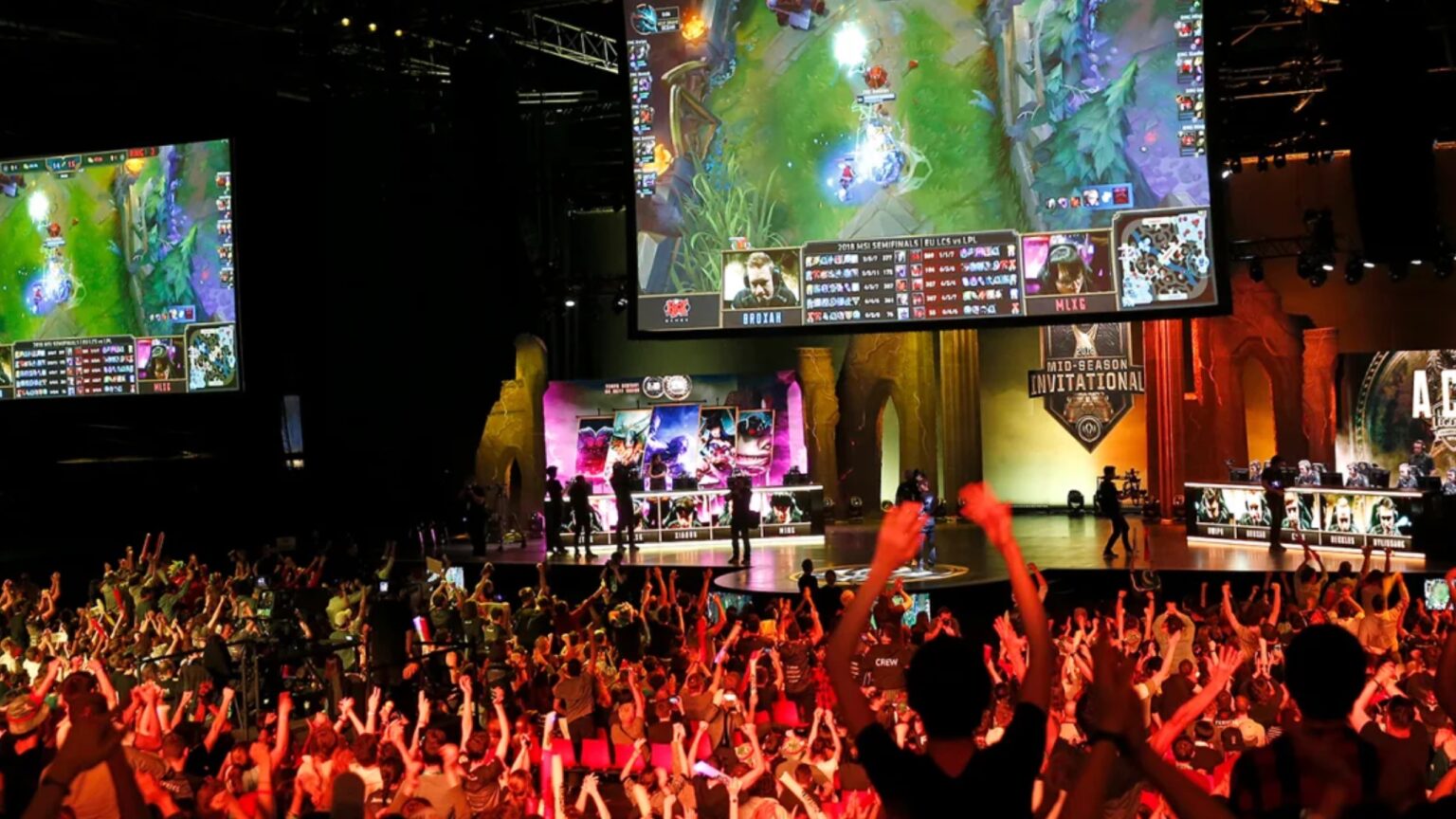In a finale at the Hangzhou eSports Center, South Korea achieved a monumental victory over Taiwan in the League of Legends final of the 2023 Asian Games.
This win not only bolstered national pride but also presented the team members with an exemption from mandatory military service. The stakes were high, and the implications were profound.
The Asian Games’ golden ticket: South Korea’s esports stars target medal success – and a military exemption
The mandatory duty can be waived for some athletes, in particular those who win an Olympic medal or a gold medal in the Asian Games.https://t.co/88KnpVAxqP
— KOREA PRO (@southkoreapro) September 28, 2023
The 2023 Asian Games held in Hangzhou have undoubtedly witnessed history being made. For the first time, video games were recognized as official disciplines, with their medals contributing to a country’s total medal count. This strategic move has garnered unparalleled attention from younger audiences. It was a significant leap from their introduction as an exhibition sport back in 2018.
The rise of ‘Faker’ and his team
At the heart of South Korea‘s triumph stood Lee Sang-hyeok, popularly known as ‘Faker,’ with his journey in the finals marked by resilience. Despite missing the initial match due to health concerns, his team’s performance didn’t waver, ultimately securing them the top spot.
Their victory now means that they are exempt from the mandatory military service that all South Korean men aged between 18 and 35 must undergo.
Such exemptions, however, are not without their controversies. South Korea has a tradition of exempting individuals who have made significant contributions to the nation’s prestige. This could be through sports, the arts, or other fields.
While the eSports team now basks in this privilege, global sensation K-pop band BTS finds themselves amid a heated debate. Their massive contributions to South Korea’s economy and international recognition have yet to be deemed enough to earn them the same exemption.
J-Hope, a member of Grammy-nominated K-pop boy band BTS, will begin his mandatory military service in South Korea on Tuesday, local media reported, the second member of the group to do so https://t.co/XllWcEEna5 pic.twitter.com/kaisyM7ymK
— Reuters (@Reuters) April 18, 2023
China’s eSports victory
While South Korea revels in its League of Legends triumph, China, too, has reasons to celebrate. They clinched the first-ever eSports gold medal at the Asian Games by defeating Malaysia in the game titled ‘Arena of Valor.’ Crafted specifically for the Asian Games, this version by Tencent Holdings amalgamates elements from both Arena of Valor and Honour of Kings. The swift 2-0 victory showcased China’s prowess and reaffirmed its dominance in the realm of eSports.
eSports vs. traditional sports: A shift in dynamics
The surging popularity of eSports in Asia is hard to overlook. These events are overshadowing traditional sports in terms of audience interest and engagement. The demand for eSports event tickets at the Asian Games was so immense that a lottery system had to be introduced. The staggering fact is that more than five million people entered, each with only a 0.5% chance of securing a ticket.
Such a trend might be astonishing for those outside Asia. However, as Daniel Ahmed from Niko Partners points out, Asia has always been at the forefront of eSports. The motivation for gaming here is driven more by competition, completion, and community as compared to the West.
The 2023 Asian Games have underscored the undeniable shift towards recognizing and celebrating eSports. South Korea’s victory and its implications for the team members have put a spotlight on how deeply intertwined sports, national pride, and societal norms can be. As countries continue to navigate these waters, one thing remains clear: eSports is not just a game; it’s a movement.









 and then
and then